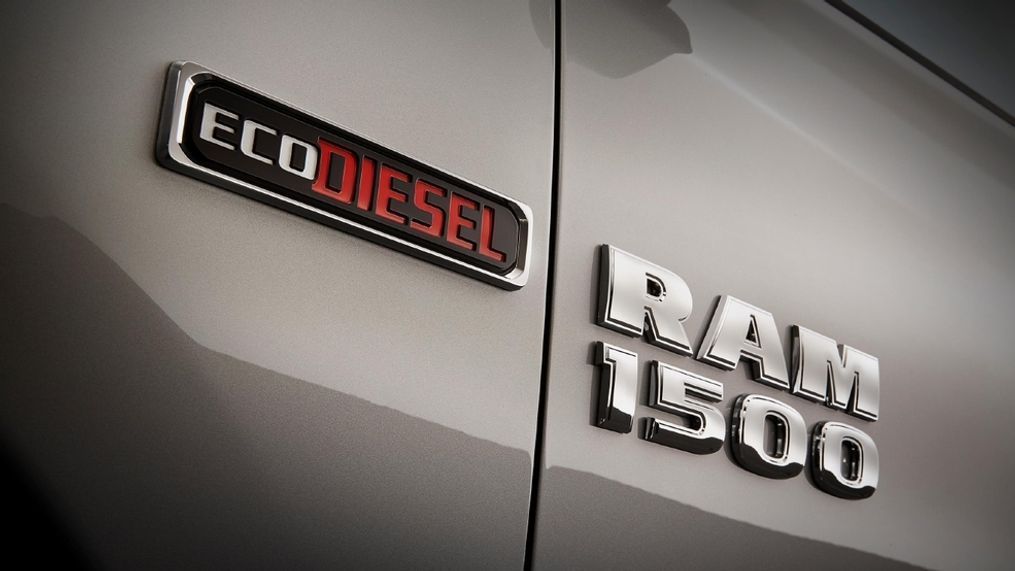FCA says its diesel V-6 will be certified by EPA soon

If Fiat Chrysler Automobiles is to be believed, the EPA's inquiry into its turbodiesel V-6 engines may end just as abruptly as it began.
The automaker's CEO, Sergio Marchionne, told The Detroit News that his firm and the EPA are close to reaching an agreement as to how the automaker will respond to the government's allegation that it didn't disclose more than half a dozen emissions control devices when it sought certification for its 3.0-liter turbodiesel V-6 engines.
Marchionne said in an interview with media last week that the automaker and the EPA should be able to reach an agreement that will see a fix for the non-compliant vehicles "in an efficient way."
He also suggested that the fix could be as basic as a software update for the vehicles' engine control units—the main "brain" under the vehicle's hood.
MORE: EPA: Diesel Jeep SUVs, Ram trucks violate Clean Air Act
The engines in question are branded as EcoDiesel and are available in the Ram 1500 pickup and the Jeep Grand Cherokee SUV. It's estimated that there are about 140,000 of them currently on the road in the U.S. and that they would need software updates, at the very least, to be in compliance with the Clean Air Act.
The EPA made its discovery during the certification process for the 2017 model year as part of its more intense scrutiny of turbodiesel vehicles in the wake of the massive, highly publicized Volkswagen recall.
Read more from Internet Brands Automotive:
